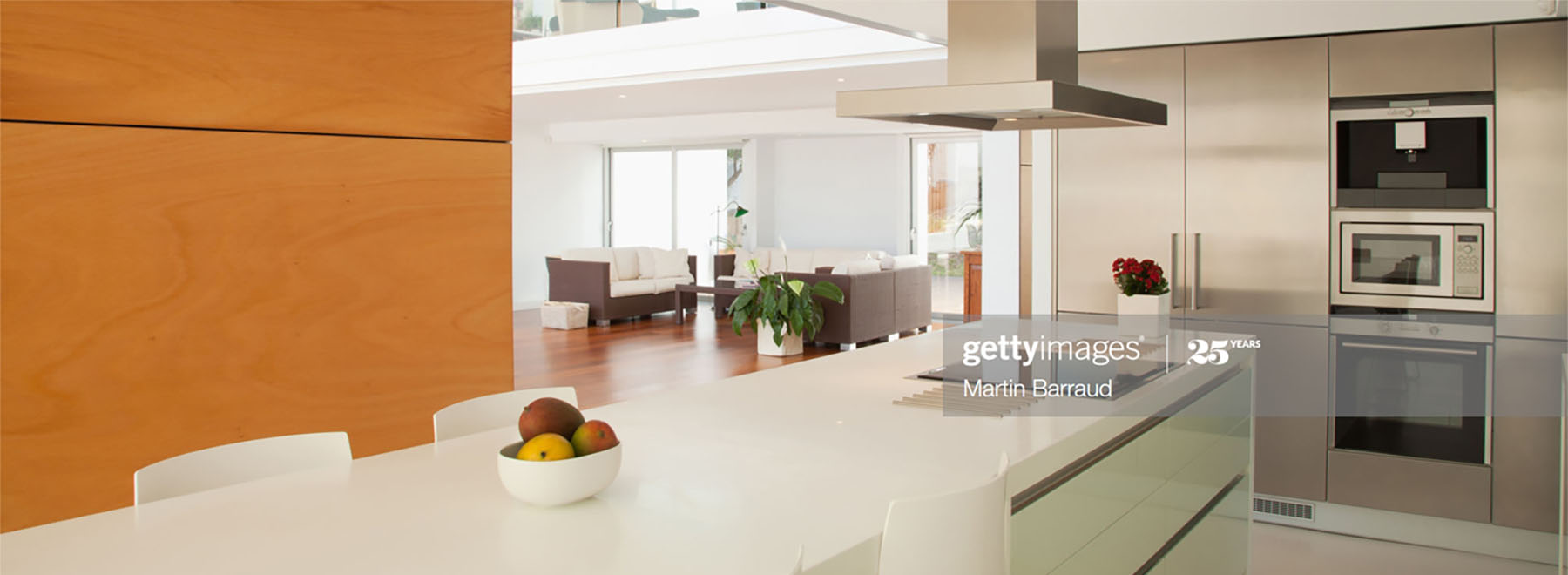While almost half of the UK population own a pet of some sort (according to Statista), the majority of landlords tend to prohibit tenants from keeping pets in their property.
The debate on whether landlords should make it a default right for tenants to have pets in the home is an ongoing affair. In fact, it was recently reported by the BBC that Labour wants to strengthen tenants’ rights to keep pets as part of a package of proposed animal welfare measures.
But why do so few landlords embrace the idea of a pet in their property?
Reasons tend to vary, but the main argument stems from the potential damage that pets can cause, as well as potential added costs because of this. Animals can scratch floors, nibble on electrical wiring, chew skirting boards and carpets and make a mess of gardens and lawns. They have also been known to disturb other tenants and neighbours, as well as bringing unwanted odours into the house.
Of course, some properties just aren’t suitable for pets, and many landlords may feel that the possible problems pets can cause – some of which are outlined above – might make allowing pets in rental homes too much of a risk.
However, having a pet-friendly approach may not be such a bad idea. There are many benefits of allowing pets in your property. For starters, it could widen your pool of tenants. Studies show that tenants with pets take up to seven times longer to find a suitable property. This means that, once they’ve finally found one, pet owners may be more inclined to stay in a property longer – effectively reducing your chances of encountering void periods.
What’s more, tenants with pets may be more likely to be responsible with the maintenance of the property and keeping up to date with rent payments. As it’s more of a challenge for them to find a suitable property, they may also be willing to pay a higher rent in order to keep pets.
A fair number of tenants either have pets or might consider owning pets in the future, so it could be worth going down this route – primarily because the demand is very much there.
But there are possible downsides and accepting pets in your rental property shouldn’t come without certain caveats. For instance, it’s imperative that you draw up a tenancy agreement with a special clause for pets, informing your tenants of their responsibilities and ensuring that they know all rules, regulations and what they must adhere to.
Also, before a tenancy begins, it’s vital that you carry out a thorough property inventory to avoid any confusion further down the line. Without a solid inventory, you will find it hard to prove that damage has been caused by the tenant (or their pets) and you may lose out as a result.
If you decide to allow tenants to keep pets, you could request a higher deposit from tenants, especially if the property is fully furnished, as this can cover any damage to fixtures and fittings. It’s also worth checking with your current insurance provider whether it covers such damage – that way, you’ll know if your property is fully protected or not.
With a high demand for pet-friendly tenancies, it might be worth broadening your horizon a little. Landlords who take the appropriate steps may find pet lets to be a beneficial and lucrative option. After all, animals need a home, too.
If you’re still unsure, Kings Group are here to guide landlords through the lettings process in North London, East London, Hertfordshire and Essex. For more information on how we can help, contact your local Kings Group branch today.
To find out how much you could be earning in rent each month, you can request a free instant online valuation.

